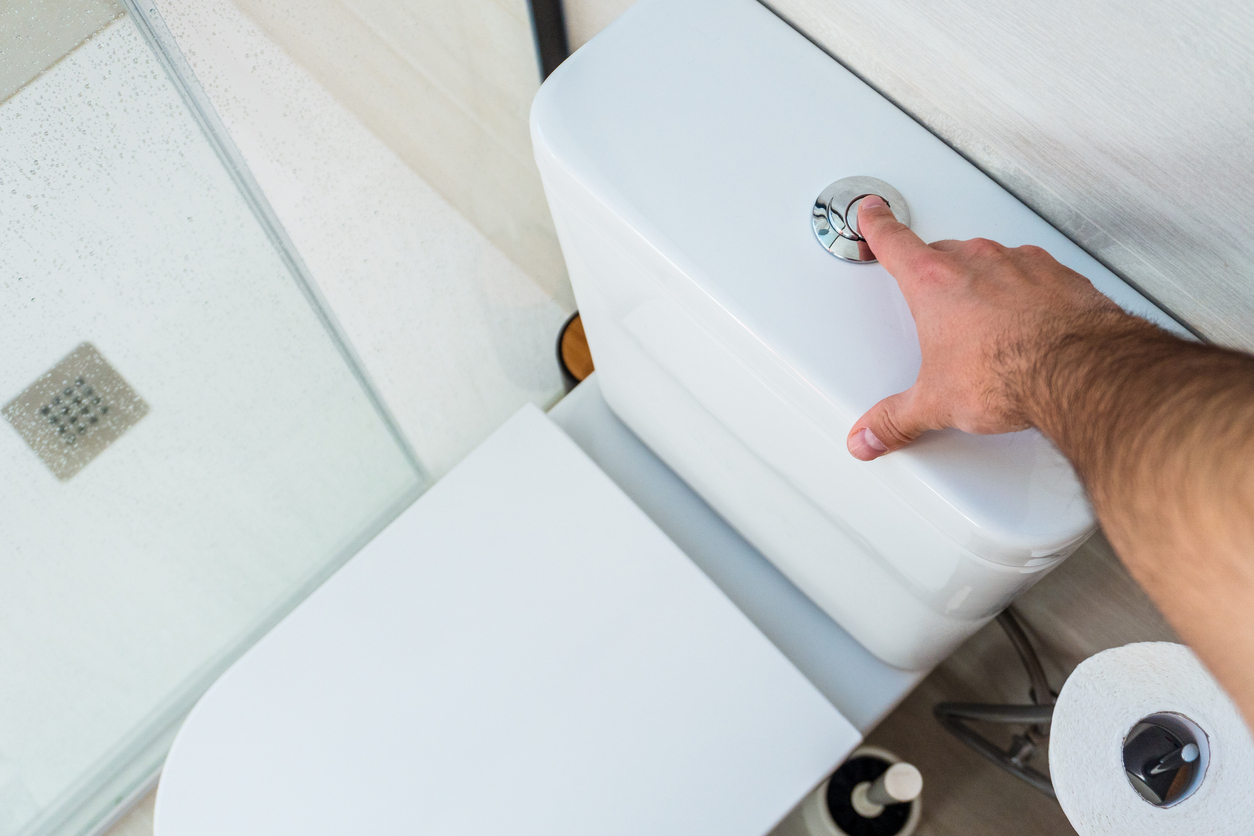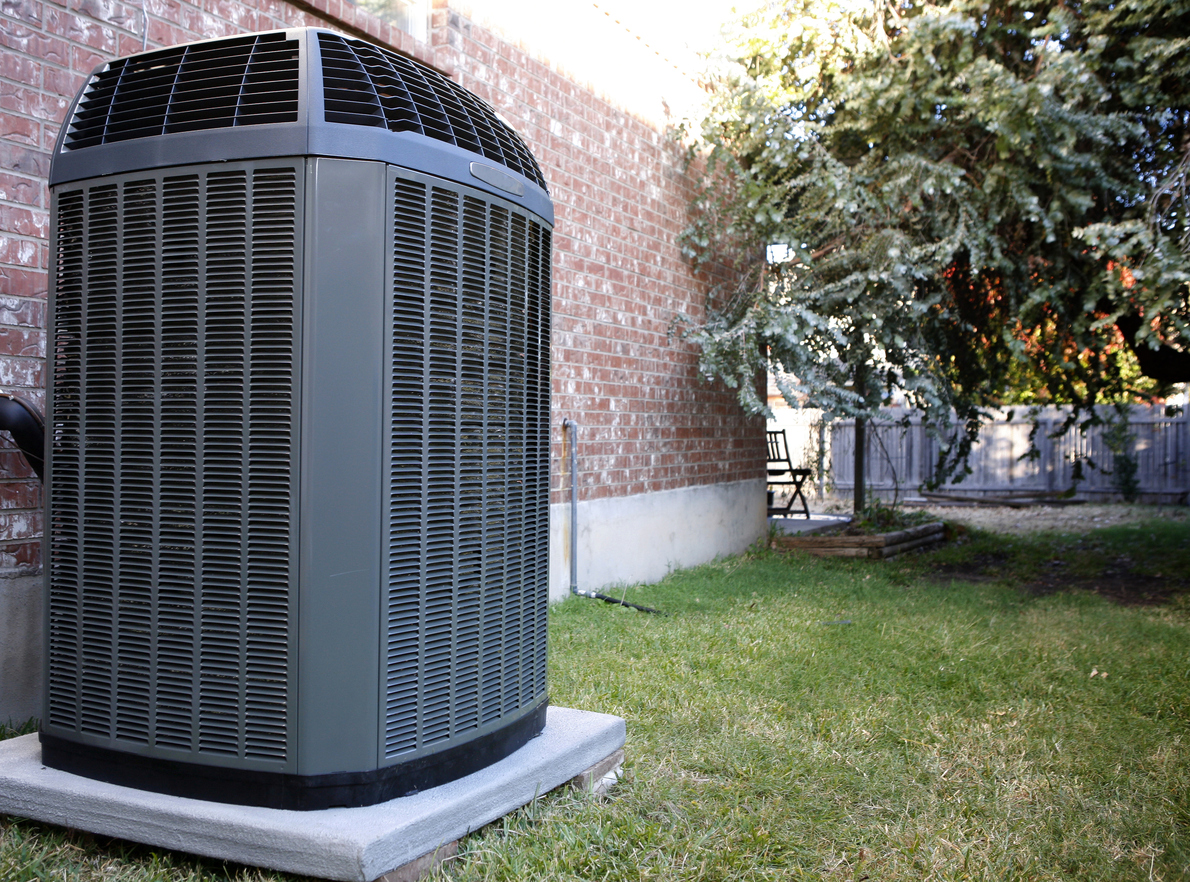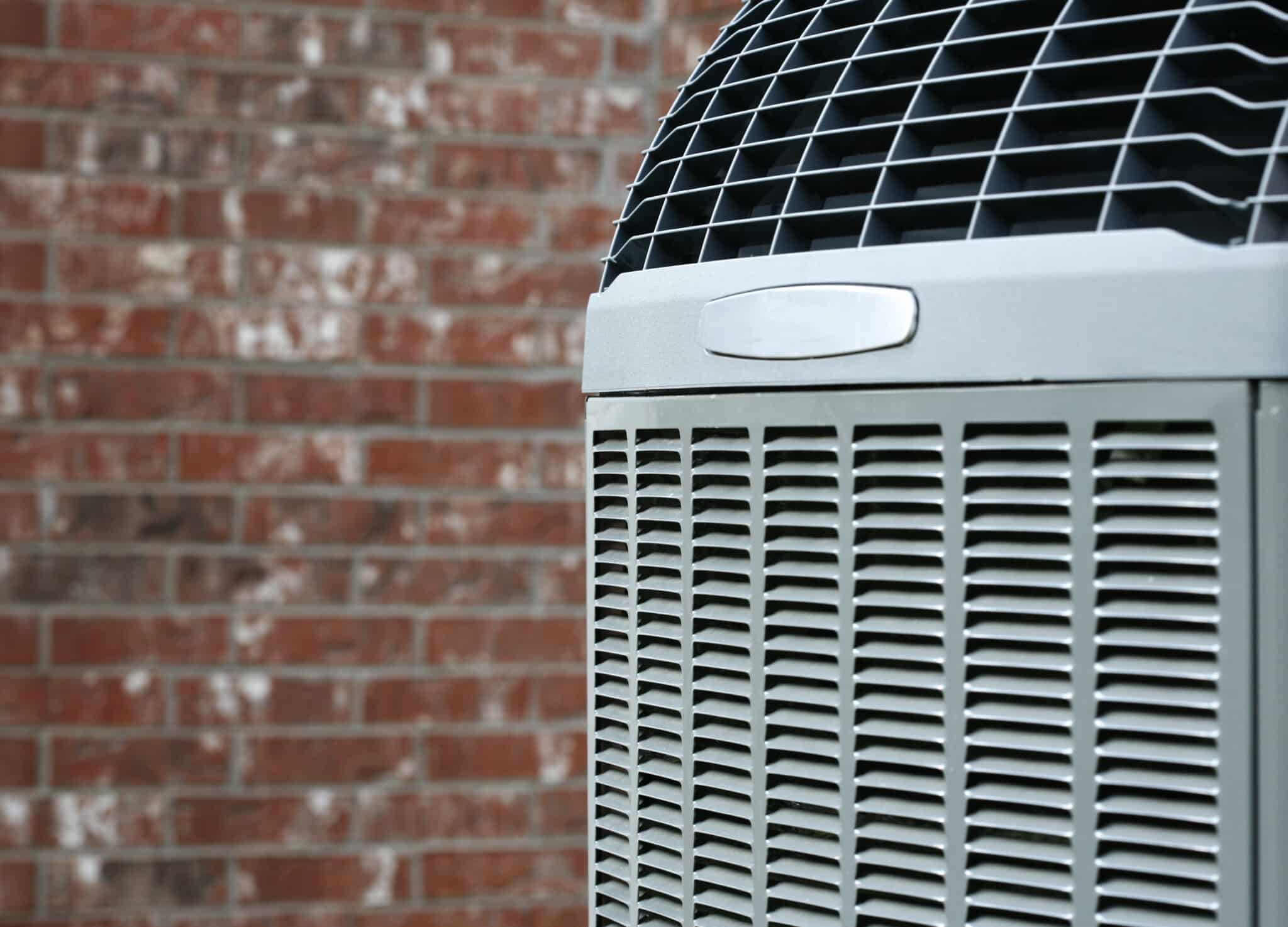Tips for Preventing Electrical Overload
Here is How to Avoid Electrical Overload
Absolute Plumbing, Electrical, Heating & Air knows that the average household has more than 10 appliances, not including the mobile devices. If you live in an older home, there may not be enough electrical outlets to plug in all the devices you have and use on a daily basis. In an attempt to accommodate other appliances, homeowners resort to using extension cords or even daisy-chain power strips. This, however, can lead to electrical circuit overload and may even set your home on fire.
According to the National Fire Protection Association, about 47,700 residential fires are caused by electrical failures, and overloaded outlets being one of the major causes. Home fires can be easily prevented by taking proper safety measures.
Follow these tips to prevent electrical overload.
Electrical inspection
If the fuses are blowing or the breakers are continually tripping, it is best to hire an electrician to conduct an electrical inspection.
During the inspection, an inspector will check all the wiring and electrical connections in your home to make sure they are in good condition. Since every aspect of your electrical system will be checked, the inspector can easily recognize certain issues such as faulty electrical sockets, damaged circuit breakers, loose connections, and aging wires and address these issues on the spot. This ensures efficient operation of your appliances and reduces the risk of fire. An electrical inspection also ensures that your home conforms to the standards for electrical systems used in the U.S. The rules are regularly updated every year as new standards are developed.
Avoid the use of extension cords
The use of extension cords is common in most households. However, it isn’t a good idea to plug appliances into an extension cord. Rather, they should be plugged directly into a wall outlet.
Extension cords should only be used temporarily. If you rely on extension cords to power your appliances, then you may need to add new outlets. Have a qualified electrician check your home and install new outlets.
Know the amperage of fuses and circuit breakers
Electrical overload usually happens when there are too many electrical devices plugged into a circuit. There is no magic number as to how many devices you can plug into an outlet. Generally, circuit breakers can only handle up to 80% of their amperage rating. That means, a 30-amp breaker can only handle up to 24 amp load. Anything beyond that and the circuit breaker will trip. To prevent this from happening, it is important to determine the amperage of your circuit breakers or fuses. Make sure that you don’t violate the 80% rule.
Call 720-669-4188 or use our online form to have an experienced, certified electrician at Absolute Plumbing, Electrical, Heating & Air check out your electrical sockets and circuit breakers to prevent electrical overloads in your home or your business.
CONTACT US
Request Service


Save Every Year with an Absolute Advantage Membership
Expert Annual System Safety Inspections & More
- Priority service
- Waived dispatch fees
- Yearly furnace, A/C, & electrical system inspections
- 10% discount on repairs and additional diagnostic services
- Up to $500 off HVAC & electrical panel replacements







